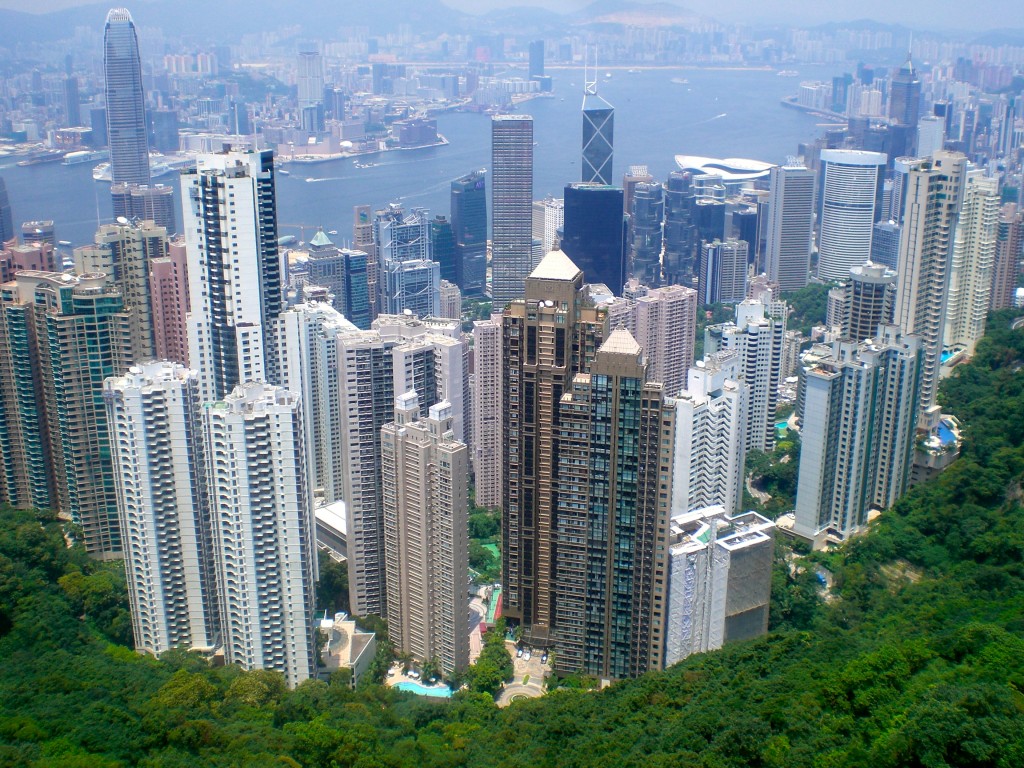
Last weekend, Hong Kong’s residents were supposed to be enjoying universal suffrage for the first time in history. ![]()
![]()
Instead, pro-democracy activists, over months of protests in 2014, rejected Beijing’s attempt at introducing a ‘Chinese’ vision of democracy that would have permitted Hong Kong’s citizens choose from among several pre-approved candidates. Those protests, which culminated in the ‘Occupy Central’ movement (also known as the ‘umbrella movement,’ a nod to the ubiquitous yellow umbrellas that protesters carried), effectively halted the adoption of a new elections law. So, on March 26,the same panel of business and civic leaders that have elected the special administration region’s executive for the last 20 years also elected Hong Kong’s chief executive in 2017.
* * * * *
RELATED: Hong Kong — one country and one-and-a-half systems?
* * * * *
The result? The 1,194-member Election Committee chose Carrie Lam (林鄭月娥), an experienced bureaucrat who has for the last five years served as chief secretary for administration — the most senior official in the Hong Kong government after the chief executive. Lam enjoyed the heavy, if unofficial, support of the central Chinese government. Given that the business professionals who dominate the Election Committee have much to lose by alienating Beijing, Lam became in recent months the heavy favorite to win. Opponents almost immediately mocked Lam, an increasingly unpopular administrator, for winning 777 votes — the number ‘seven’ is Cantonese slang for an impotent penis.
On paper, Lam is well positioned to lead Hong Kong. Continue reading Lam to the slaughter? Beijing, activists draw lines as new CE elected in Hong Kong

